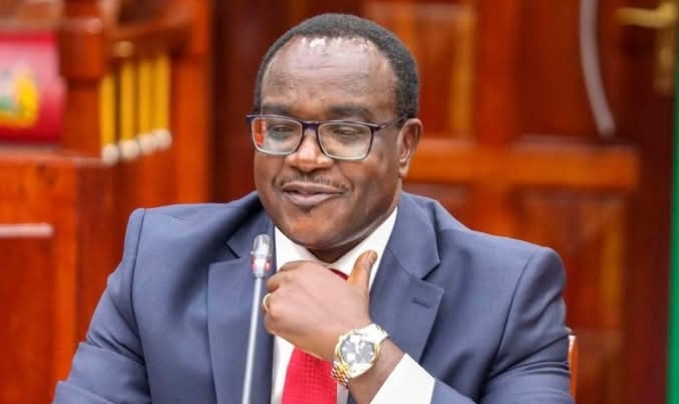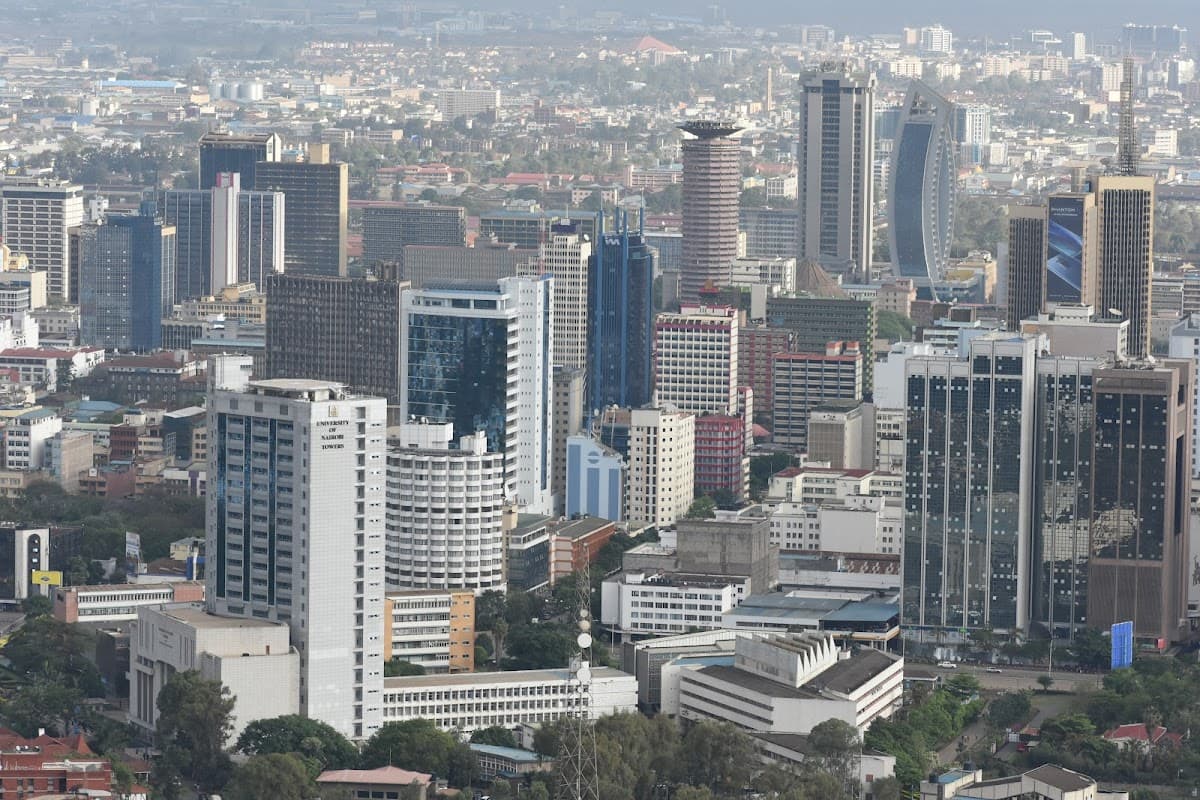KENYA : The Ministry of Education has announced that the results for the 2024 Kenya Certificate of Secondary Education (KCSE) examinations will be released soon and Clarified on the School's Opening Dates.
Education Cabinet Secretary Julius Ogamba, has announced that schools in the Country will resume Studies for the First Term on Monday, January 6, 2024.
The Cs, has urged Parents to Prepare their Children For the Fresh term in time to resume studies, stating that teachers are ready to receive learners.
Ogamba, has also reassured the public that the ministry is adhering to its long-standing tradition of releasing KCSE results in January.
"The KCSE examination results will be released next week. Traditionally the KCSE results were normally released in January and we are keeping to that tradition," he said.
Ogamba addressed speculation surrounding the timing of the results, noting that the absence of the Kenya Certificate of Primary Education (KCPE) exams this year may have led to some confusion.
"The exams that used to be released in December were for KCPE and this year we do not have KCPE and that might have caused some confusion," he added.
The Cs has announced that the Kenya National Examinations Council (KNEC) secondary School National Examinations results will now be released on Tuesday, January 7, 2024
The 2024 KCSE examinations were conducted from October 22 to November 22 with 965,501 candidates registered across 10,755 centers nationwide.
To uphold the integrity of the examinations, the Kenya National Examinations Council (KNEC) implemented several stringent measures.
Each candidate received a unique exam paper, a strategy aimed at preventing cheating and ensuring fairness during marking.
Additionally, candidates, invigilators, and center managers were prohibited from using mobile phones during exams to curb malpractice.
Supervisors and invigilators were rotated, and all personnel involved in exam administration were required to lock their phones in desks monitored by security officers.
Despite these efforts, there were isolated incidents of malpractice.
Approximately 621 candidates were implicated in irregularities, including possession of unauthorized materials and mobile phones, the Ministry Of Education Revealed.
In related news, The Teachers Service Commission (TSC) has released newly revised promotion guidelines under the Career Progression Guidelines (CPG) for teachers moving from grade B5 to C3 in 2025.
These guidelines aim to streamline promotions in line with the Collective Bargaining Agreements (CBAs), ensuring a merit-based and structured career progression framework for educators.
Promotion from B5 to C1.
Grade B5, known as Primary Teacher II, is the entry-level for newly hired primary school teachers. After serving three uninterrupted years in this grade, teachers are automatically promoted to Grade C1, Primary Teacher I, without requiring additional qualifications or interviews. This automatic progression recognizes experience and service.
Advancing from C1 to C2.
Grade C1 teachers aspiring for promotion to Grade C2, or Senior Teacher II, must apply online when TSC announces vacancies. Unlike the B5-C1 progression, this move is competitive and requires teachers to meet specific criteria, as C2 represents the entry-level for administrative roles.
C2 to C3 Promotions.
For primary school teachers, C2 is considered a promotion grade for Senior Teacher II. Teachers must serve a minimum of three years in C2 and successfully participate in interviews to qualify for promotion to C3 (Senior Teacher I). Conversely, secondary school teachers with diplomas begin at C2, while degree holders start at C2 and move to C3 after three years automatically, without interviews.
These revised guidelines emphasize fairness, transparency, and merit in teacher promotions. TSC urges teachers to stay informed about promotion windows and participate actively in applications when needed. Training sessions on effective application processes are expected to accompany these reforms to enhance teachers’ chances of success.
Finally, The Principal Secretary (PS) for the State Department of Basic Education, Dr. Belio Kipsang, has reported that the government has so far constructed 13,200 classrooms against a target of 16,000.
Out of these, 3,100 classrooms were built through the National Government-Constituency Development Fund (NG-CDF), while the Ministry of Education completed 10,100.
“There are approximately 2,800 classrooms still under various stages of construction. There will also be a few schools where the enrolment was low, but they still need a classroom,” Dr. Kipsang explained.
He noted that the Ministry had set a goal of 11,000 classrooms, expected to be ready before schools open, while the NG-CDF aimed to build 6,800 classrooms.
“We are pushing CDF; for them, they have a different process in terms of approval before they start off the work,” he stated.
Regarding staffing, Dr. Kipsang stated that the Teachers Service Commission (TSC) had hired 20,000 intern teachers and converted 46,000 from internship to permanent and pensionable terms.
“As we talk today, we have more than 80,000 teachers in our Junior Schools to be able to take care of our kids. We are aware that what we require is more than 140,000, but as we progress, we should ensure that all these teachers that are required by our learners are available for them,” he said.
He further assured that schools have implemented sufficient measures to ensure uninterrupted learning.







